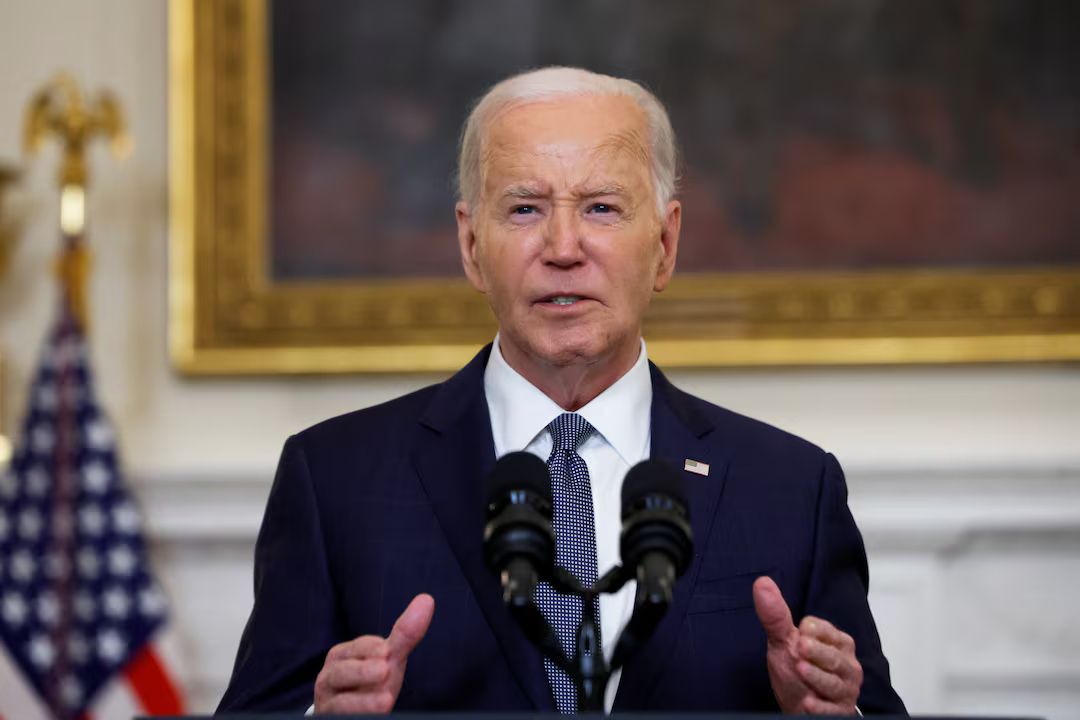White House Open to Further Negotiations on Crypto Regulation
President Joe Biden has vetoed H.J.Res. 109, a congressional resolution aimed at overturning the Securities and Exchange Commission’s (SEC) current approach to banks and cryptocurrency. This resolution specifically targeted the SEC’s Staff Accounting Bulletin 121 (SAB 121), which sets rules requiring banks to treat customers' crypto assets as liabilities.
In his veto statement, Biden emphasized that SAB 121 reflects the SEC staff’s considered technical views on the accounting obligations of firms that safeguard crypto assets. He argued that the Republican-led resolution would inappropriately limit the SEC’s ability to establish appropriate safeguards and address future issues.
"My administration will not support measures that jeopardize the well-being of consumers and investors," Biden declared.
H.J.Res. 109, although primarily backed by Republicans, garnered support from 21 Democrats in the House and notable figures like Senate Majority Leader Chuck Schumer in the Senate. Despite this bipartisan backing, Biden had signaled his intention to veto the resolution early on. Representative Mike Flood, the Republican sponsor of H.J.Res. 109, urged Biden to reconsider, citing widespread opposition to SAB 121 from various financial industry groups, including the American Bankers Association and the crypto advocacy group Stand With Crypto.
Critics argue that SAB 121 hinders regulated banking organizations from offering digital asset custody at scale, as it treats these assets as owned by the banks rather than simply custodied. In an open letter, industry groups expressed their concerns about the restrictive nature of SAB 121.
However, Biden's veto message indicated a willingness to engage in further discussions about crypto regulation. "My Administration is eager to work with Congress to ensure a comprehensive and balanced regulatory framework for digital assets. This will promote the responsible development of digital assets and payment innovation and help reinforce United States leadership in the global financial system," Biden stated.
The White House’s stance leaves room for continued negotiation and potential refinement of the regulatory landscape surrounding digital assets.









